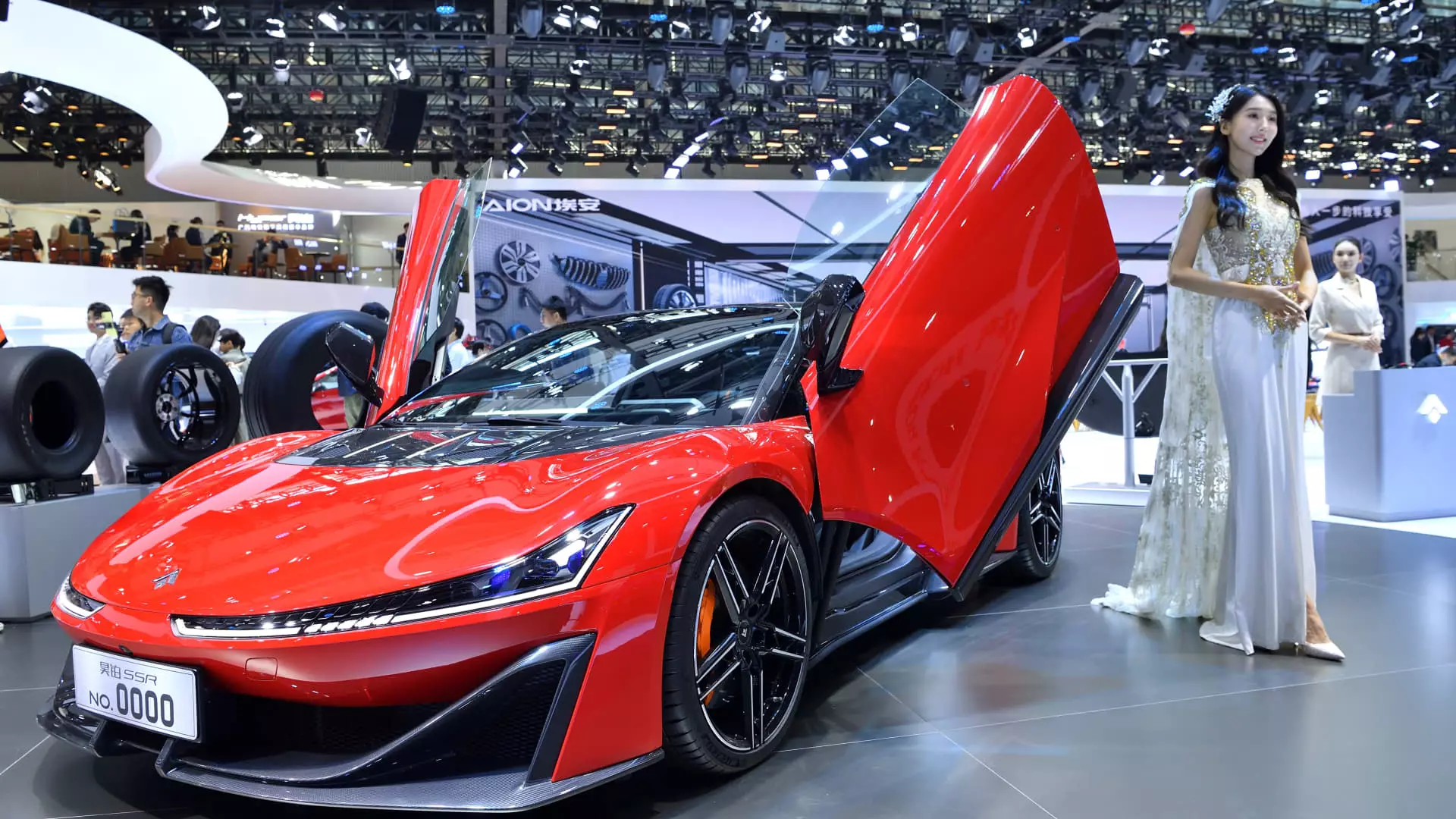Chinese automakers are making a significant impact on the global automotive market, with the expectation to achieve 33% market share by 2030. This growth is remarkable considering that they are forecasted to only hold a 21% market share in the current year. The expansion of Chinese automakers is not limited to their home country, as sales outside of China are expected to triple from 3 million to 9 million by the end of the decade, representing a substantial increase in market share from 3% to 13%.
Global Concerns
The rapid expansion of Chinese automakers is raising concerns among legacy automakers and policymakers worldwide. There is a fear that the influx of less-expensive China-made vehicles could potentially flood the markets and undermine domestically produced models, particularly in the all-electric vehicle segment. With the expectation of Chinese brands growing across all global markets, there are apprehensions about the potential impact on established automakers.
However, the forecasted expansion of Chinese automakers is not uniform across all regions. While there is expected to be significant growth in Central and South America, Southeast Asia, the Middle East, and Africa, there are projections of far smaller expansion in Japan and North America, including the United States. This is partly due to stringent safety standards and import tariffs imposed on Chinese electric vehicles, making it challenging for Chinese automakers to penetrate these markets.
Competitive Advantages
Chinese automakers are expanding rapidly due to their cost advantages, localized production strategies, and technologically advanced vehicles that cater to evolving consumer preferences. With a focus on designing and testing products to meet standards efficiently and a significant cost advantage in manufacturing, Chinese automakers have shown their ability to innovate and adapt quickly to changing market demands. Their agility and efficiency in product development give them a competitive edge over traditional automakers.
As Chinese automakers continue to disrupt the global automotive industry, legacy automakers are urged to rethink their business strategies and the pace of vehicle development. The increasing competition from Chinese brands necessitates a shift in traditional business models to remain relevant in the evolving marketplace. Adapting to the changing landscape of the automotive industry will be crucial for established automakers to stay competitive and avoid obsolescence in the face of the rise of Chinese automakers.
The rise of Chinese automakers in the global market signifies a significant shift in the automotive industry landscape. With their rapid expansion, cost advantages, and focus on innovation, Chinese automakers are poised to capture a substantial market share by 2030. Legacy automakers will need to adapt and evolve to compete effectively with the growing presence of Chinese brands in the global automotive market.

